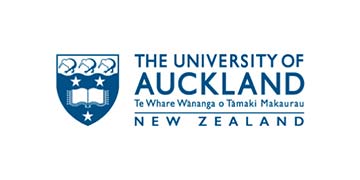University of Auckland: Epidemic of violence against disabled people is symptom of ‘ableism’
Epidemic levels of violence and abuse against disabled people are a symptom of the “ableism” that undervalues their lives, according to a University of Auckland academic who led a report for the Human Rights Commission.
“People are predated upon and harmed when they are perceived as powerless and without support and cultural value,” says Dr Debbie Hager, of the School of Population Health in the Faculty of Medical and Health Sciences.
The report, Whakamahia te Tūkino kore Ināianei, ā Muri Ake Nei (Acting Now for a Violence and Abuse Free Future), says disabled people in Aotearoa and globally experience significantly higher rates of violence than non-disabled people.
It lays out a roadmap for change, including eliminating ableism, which is prejudice or discrimination against people with disabilities, including regarding their lives as somehow less valuable than other people’s.
“Stopping violence against disabled people demands changes from all of us –
in the ways that we think about and understand disability, and significant changes to the systems that have, up until now, enabled this harm to occur, without consequences for those who perpetrate violence,” says Dr Hager.
Abuse can come from all directions, including family members, strangers, or professionals working in health, education or social services
Disabled people account for 24 percent of the population, a proportion that is expected to grow as the population ages, the report says.
“Disabled people are reflective of everyone in society, and hence, are part of all our families; are our peers and friends, work mates, and the people we interact with in the community,” the report says. “It is unacceptable that violence against so many people who are part of our society should be unrecognised and ignored.”
The document sits alongside another report to the Human Rights Commission, Whakamanahia Te Tiriti, Whakahaumarutia te Tangata (Honour the Treaty, Protect the Person) focusing specifically on Te Tiriti o Waitangi and the issues experienced by tāngata whaikaha Māori (Māori with a disability — whaikaha means “to have ability” or “to be enabled”).
Speaking at the launch of Acting Now for a Violence and Abuse Free Future, Dr Hager highlighted how abuse could come from all directions, including family members, strangers, or professionals working in health, education or social services.
These include being:
physically and sexually hurt and abused
verbally abused
emotionally bullied and harmed
neglected
exploited
over or undermedicated
denied impairment-specific help such as access to mobility or communication aids
targeted through harm being done to support animals
financially controlled and abused
secluded or restrained without consent
controlled by people who deny disabled people personal autonomy and choice.

